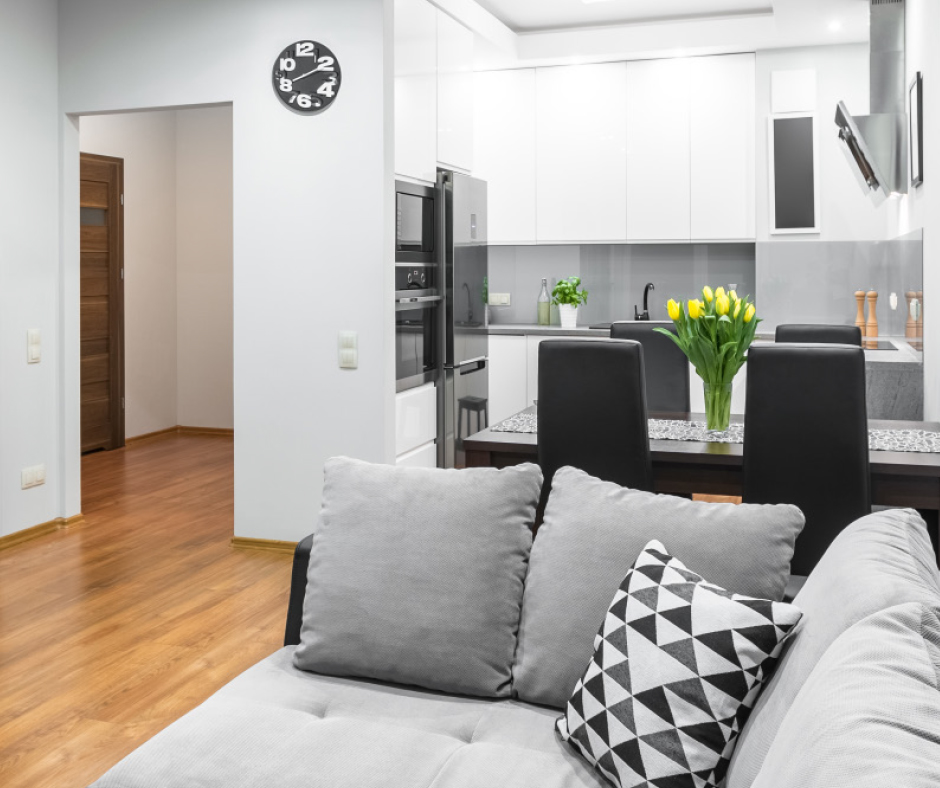Utilizing a timeline and checklist when preparing to move will help you stay on top of moving chores and help alleviate last minute frustrations. Ask your Mel Foster Co. agent for recommendations for moving companies that can pack and move you across town or across the country.
In The Months Before
- Go through your home, including closets, garage, basement, shed and attic, and decide what you’ll take to the new house.
- Order packing supplies, including specialty containers for dishes or hanging clothing.
- Get measurements of the rooms in your new home and make sure your furniture will fit.
- Ask family and friends for help with packing on moving day and schedule time off work to move.
In The Weeks Before
- Change your address with your employer, bank, insurance companies, magazines, credit cards and utility companies.
- Set up utilities, phone, cable or internet service at the new house.
- Confirm details with the moving company and your friends who will help on moving day. A good tip for the movers is 10-15% of the total fee.
- Complete a change of address form online or at the post office.
The Week Of Moving
- Refill prescriptions and put important medications in a box marked do not pack on truck to make sure the movers don’t take this box with them.
- Defrost the freezer and start cleaning out the fridge at least 24 hours before you move.
- Call the moving company to confirm and get the names of the crew and the USDOT number of the truck.
- Before the movers leave, sign the bill of lading or inventory list and keep a copy. Confirm the address of the new house with the movers.
Follow these suggestions when compiling your home inventory list before you move.








